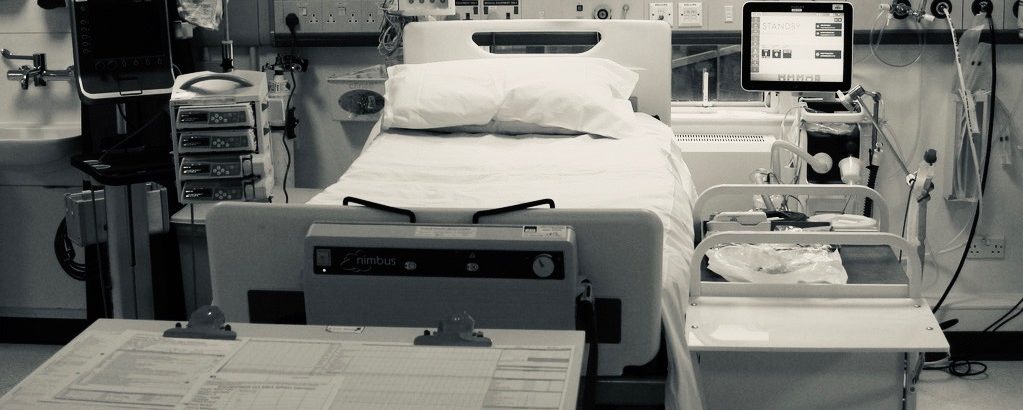If a person’s heart is restarted after a cardiac arrest (heart stoppage) it is common for the patient to be cared for on the intensive care unit. During the cardiac arrest some of the patient’s organs may have been damaged by the time without blood flow. The intensive care team will investigate & manage the cause of the cardiac arrest, assess the impact of the heart stoppage on other organs and provide time for any potential recovery of those affected organs.
In the immediate hours to days after the event it is common for the patient to be kept deeply sedated and a ventilator used to support their breathing. This period involves close monitoring of their vital signs and blood test results. Close control of body temperature can be important during this time and this occasionally necessitates the use of ice packs, blankets or cooling devices.
At an appropriate time an attempt will be made to stop the sedative medication and see if the patient regains consciousness. This is the best way of assessing brain function. The brain is very sensitive to shortages of oxygen and may unfortunately be permanently injured from the heart stoppage. This so called ‘hypoxic brain injury’ can lead to problems such as agitation, weakness, breathing problems or failing to wake up at all. Patients are closely monitored and continually assessed by the nursing and medical teams during this time off sedation. If the patient wakes up well, the breathing tube may be removed to allow them to breathe unaided. If patients are agitated and/or confused it may be necessary to restart sedative medications.
Tests such as CT or MRI scans of the brain and recording an electrical tracing of brain activity (electroencephalogram or EEG) can be useful.

Comments are closed